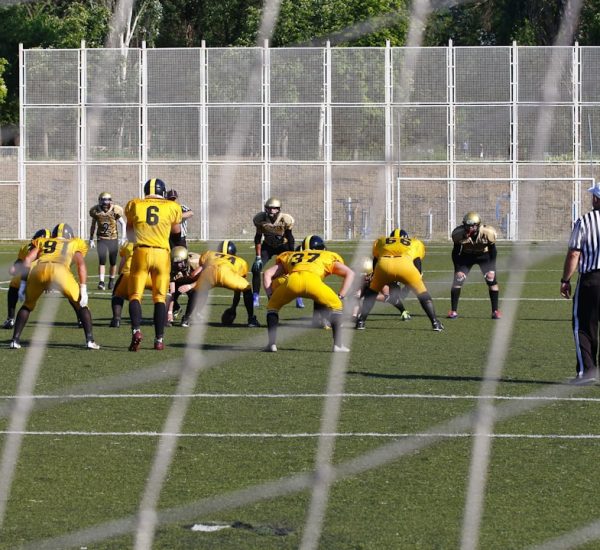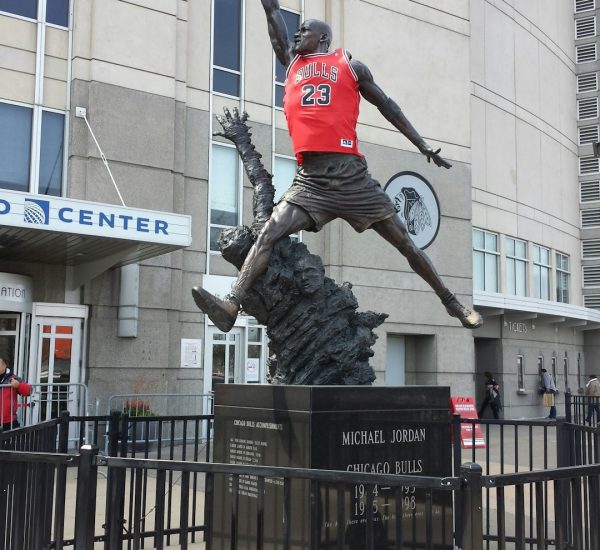When considering college athletics, many students and parents look toward athletic scholarships as a way to finance higher education. The most well-known examples often involve Division I and Division II schools, but what about Division III? Students who excel in sports but are aiming for a smaller academic setting might wonder: do D3 schools give athletic scholarships?
TLDR
Division III (D3) schools do not offer athletic scholarships. Instead, they focus on academics and provide financial aid through academic scholarships, need-based aid, and other institutional grants. While athletes can still receive generous financial packages, these are not tied to athletic performance. D3 programs prioritize balance between athletics, academics, and extracurricular participation.
Understanding NCAA Division III
The NCAA governs college athletics in the United States and classifies its member institutions into three divisions: Division I, II, and III. Division III is the largest of the three, with over 400 member schools and more than 190,000 student-athletes.
Unlike divisions I and II, which allow athletic scholarships as a means to attract top-tier sports talent, Division III operates on an entirely different philosophy. Its primary focus is on the academic experience of the student-athlete. This means that while athletics are a significant part of campus life, they are not prioritized ahead of academic commitment and growth.
No Athletic Scholarships: What Does That Mean?
At Division III schools, athletic ability does not influence financial aid packages. This means:
- Coaches cannot offer scholarships to athletes based on their sport performance.
- No part of the financial aid package can be labeled as “athletic scholarship.”
- Athletes are evaluated and rewarded just like any other student—based on academic merit or financial need.
This creates a more level playing field where student-athletes participate in their sports out of passion and commitment, not because of financial compensation. In many ways, it enhances the student-centered approach to collegiate life.
How D3 Student-Athletes Receive Aid
Even though D3 schools don’t offer athletic scholarships, that doesn’t mean student-athletes must shoulder high tuition costs on their own. Financial aid still plays a big role in making attendance affordable through several channels:
1. Merit-Based Scholarships
Students with strong academic or extracurricular backgrounds may qualify for merit-based aid. These awards are based on factors such as:
- High school GPA
- Standardized test scores (if applicable)
- Participation in leadership programs or other activities
2. Need-Based Financial Aid
Families who demonstrate financial need through forms like the FAFSA may be eligible for grants and loans provided either by the federal government or the institution itself.
3. Institutional Grants and Awards
Many private D3 colleges offer generous financial aid packages through endowments, alumni donations, or other institutional funds. These packages are frequently tailored to each student’s unique profile, and student-athletes may benefit—though not directly for their athletic ability.
4. Work-Study Programs
Some D3 schools offer work-study opportunities that allow student-athletes to earn money throughout the academic year to help cover the cost of attendance.

Coaches’ Role in D3 Recruiting
Just because D3 coaches can’t offer athletic scholarships doesn’t mean they’re inactive in recruiting. On the contrary, many D3 programs have robust recruitment strategies. Here’s how they support prospective athletes:
- Communicating with promising athletes early in the process
- Encouraging athletes to apply for institutional scholarships
- Advocating for athletes in the admissions process (without influencing financial aid)
- Helping families navigate the financial aid process
Though they can’t promise money for participating in sports, D3 coaches are often highly motivated to attract student-athletes who align well with their team culture and collegiate mission.
Benefits of Playing Sports at a D3 School
There are several advantages for students who choose to pursue athletics at the D3 level:
- Academic Priority: Athletes are students first. Academics come before sport schedules, and professors tend to be accommodating of athletic commitments as long as academics are not compromised.
- Balanced Lifestyle: With less travel and time commitment compared to D1 and D2, athletes can more easily pursue internships, study abroad, or dual majors.
- Inclusive Athletic Community: The emphasis on participation over profit creates a collegial and supportive environment.
- Long-Term Development: Many D3 athletes continue their engagement with sports beyond college in coaching, intramurals, or adult leagues, maintaining a lifelong connection to athletics.

Academic and Athletic Balance
What makes Division III schools particularly appealing is their commitment to holistic education. Students don’t have to choose between being an athlete and taking advanced coursework. The infrastructure and community support both endeavors equally.
Further, the reduced pressure of high-stakes competition creates a healthier environment for mental and physical well-being. Coaches often care deeply about the personal development of their players beyond the field, court, or pool.
Success Stories Beyond Scholarships
Many D3 athletes find success in life after college, whether in professional careers, graduate schools, or other forms of engagement. The drive and discipline learned through sports—time management, teamwork, perseverance—serve them well in almost any setting.
Interestingly, some D3 athletes do go on to become professionals in their sport, though it is rarer. Scouts and recruiters do consider standout athletes from all divisions, not just D1. What’s more important is consistent performance, leadership, and a track record of excellence.
Conclusion
So, do D3 schools give athletic scholarships? The short and definitive answer is: no, they do not. However, D3 schools offer many other pathways for students to receive financial support and to thrive both academically and athletically. For student-athletes who seek a balanced and comprehensive college experience, Division III schools can be a remarkably fulfilling choice—even without athletic scholarships.
FAQs
- Q: Are there any exceptions where D3 schools can offer athletic scholarships?
A: No, NCAA rules prohibit D3 schools from offering any financial aid related to athletic participation. - Q: Can a coach help influence my admission or aid package?
A: Coaches can advocate on your behalf during the admissions process, but they cannot affect your financial aid based on your athletic ability. - Q: Do D3 athletes pay full tuition?
A: Not necessarily. Many receive financial aid through academic merit, need-based awards, or other institutional grants. - Q: Can I play sports and still study abroad or do internships?
A: Yes! One of the major benefits of D3 programs is the flexibility they provide for academic and extracurricular exploration. - Q: Do professional teams recruit from D3 schools?
A: While less common, it is possible. Outstanding performance and visibility can lead to professional opportunities.



